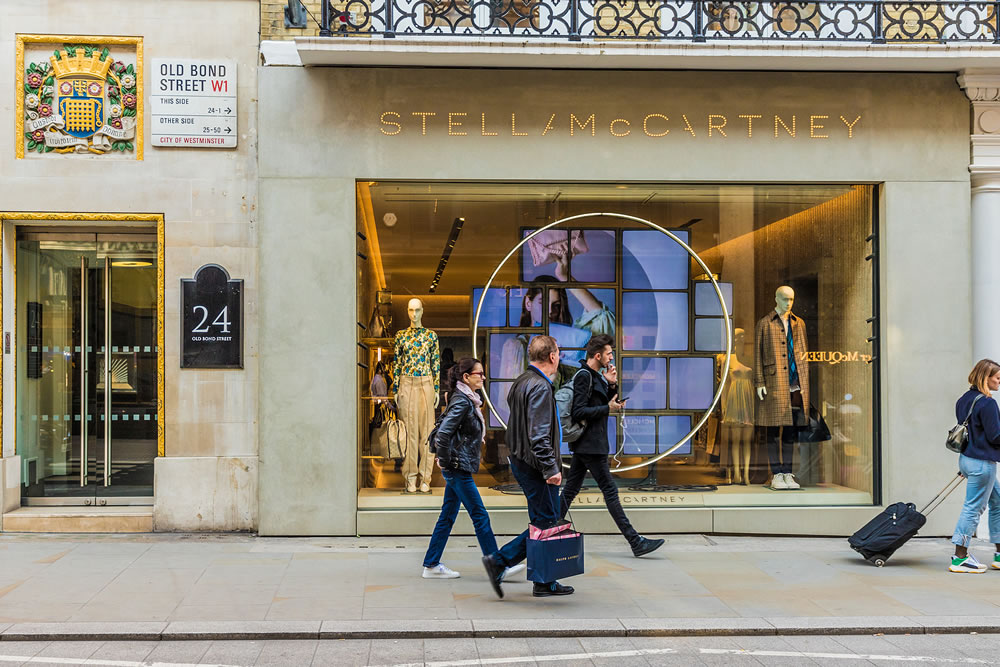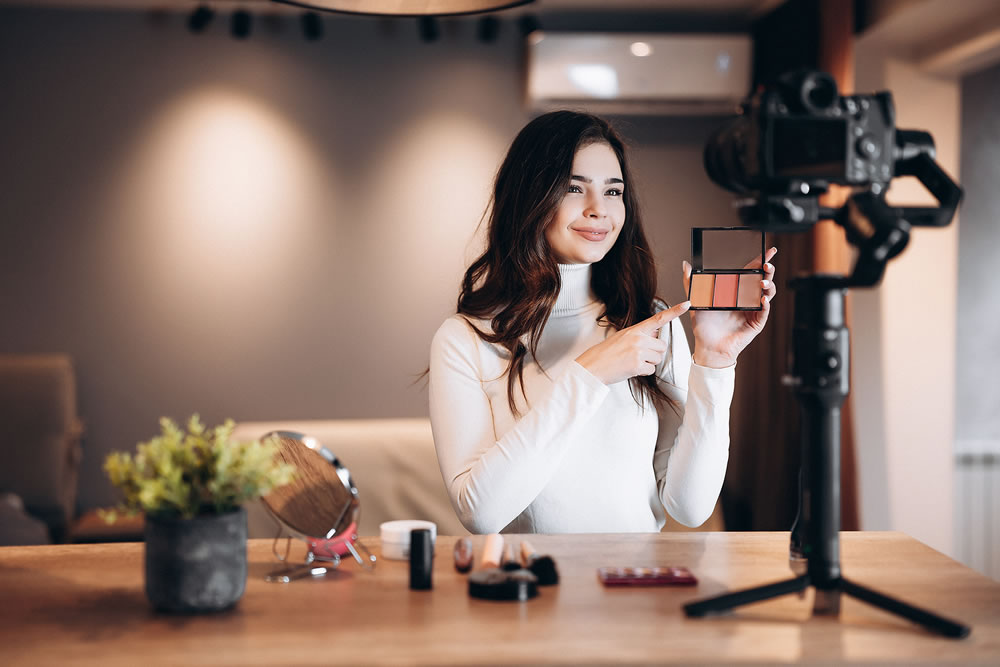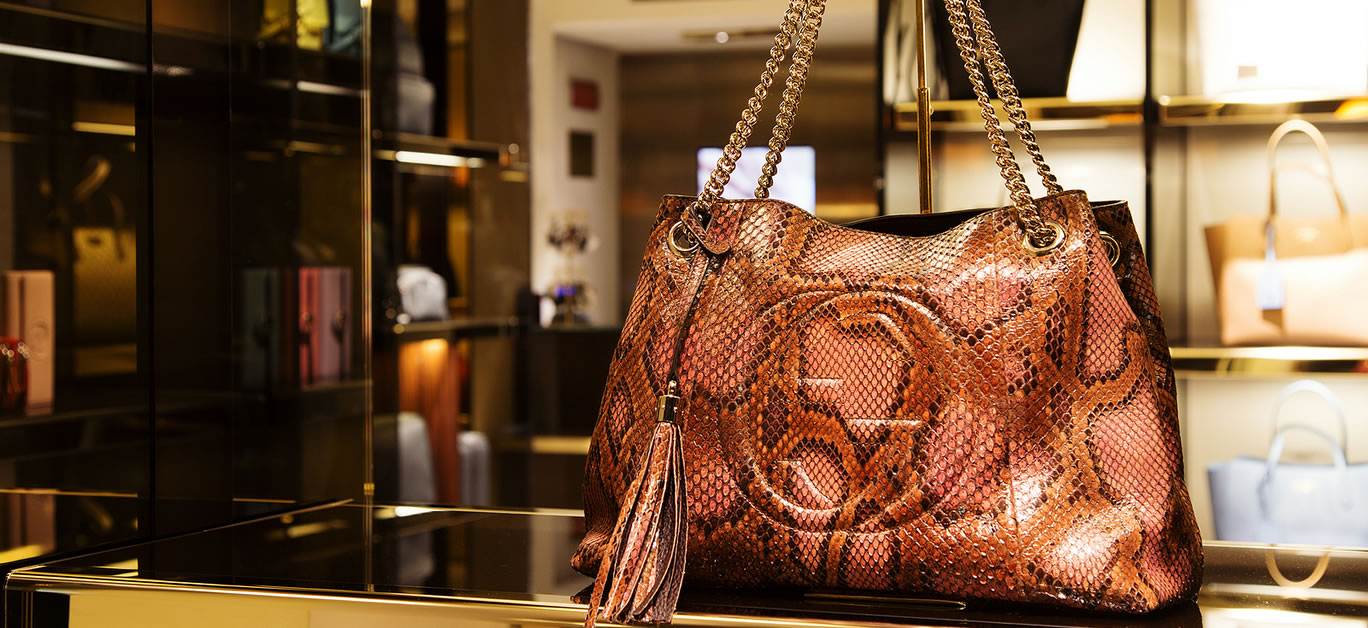Luxury audiences are changing, and the global pandemic has proved to be a catalyst for societal shifts that have in many ways, been a long time coming. Now more discerning than ever, today’s luxury customer demands greater authenticity and meaning from the brands they shop from and give their attention to, and sustainability remains a key focus as questions are increasingly asked about sourcing, supply chains and other phases of bringing a product or service to market.
It’s no longer about the end product alone, and high-net-worth and ultra-high-net-worth customers want to know that a brand’s ethics go beyond its words alone. Those that fail to measure up in 2022 could find themselves in for a rough ride, with those quickest to adapt to an ever-changing landscape likely to profit and win long-standing consumer trust.
Now, more than ever, marketers will need to collaborate closely with product development teams to ensure a more cohesive approach from the off, sharing knowledge and insights between them to ensure that brands and businesses are able to continue to resonate with luxury customers.
This year, there will need to be greater meaning behind brand marketing than there ever has been before. These are the trends we can expect to see shaping the landscape over the next twelve months and beyond.
Localisation

While many wealthy customers are only too happy to jump on their private jet and fly off into the sunshine now that travel restrictions around the world have been relaxed, others have come to realise that they can get many of the experiences they are seeking right on their own doorsteps. After being forced to stay local for extended periods of time, it seems there is a new-found appreciation for doing so – so if luxury brands want to continue to pique the interest of their target audiences in 2022, then they’ll need to take note.
Stella McCartney recently nailed this trend by setting up a number of local business pop-ups in her flagship London store to celebrate her global ‘Stella Community’ and the return of non-essential retail – a move that won her widespread praise and showed that she well and truly has her fingers on the pulse of what her customers want to see.
Global homogenisation, it seems, has had its day, and this year, brands will need to diversify their marketing strategies if they are to continue to appeal. In 2020, we saw Ferrari set up a new Instagram page just for its American market after noting that their needs and wants were very different from the European market – and more brands will need to take this tailored approach in 2022 to stay ahead.
Diversity

It’s not just the supply chain that the discerning luxury customer is now examining with a fine-toothed comb, and in 2022, all elements of behind the scenes operations will be under the microscope. Audiences want to know that a company’s ethics extend to every corner of its business, and that includes diversity – with brands that can show they employ a broad spectrum of races and genders likely to find themselves ahead of the game when it comes to customer perception and long-term loyalty.
Inclusivity will be a key focus this year, and one that luxury brands should take time to address and communicate effectively or risk being left behind.
Authenticity

If you’re asking yourself the question ‘what does affiliate mean’, then it’s time to get up to speed – because luxury brands’ use of affiliate and influencer marketing will be switching it up a gear in 2022. While utilising key influencers to help reach their desired audiences more effectively is nothing new, marketers should be prepared to take a new approach this year, turning away from huge follower numbers and looking instead for the ‘genu-influencer’.
These smaller online ‘influencers’ are thought to have built closer relationships with their audiences and have a genuine care for the causes they support, thus giving them greater clout – and affording brands a better chance of really resonating with their desired audiences. By making these influencers brand affiliates and allowing them to earn a profit through affiliate marketing, luxury brands can also keep ‘genu-influencers’ close and earn their respect without showering them with gifts – something they are, unlike the original influencer, likely to be put off by.
Immediacy

Shifts in marketing trends need to be considered and incorporated. Now, luxury customers, who spend a large portion of their day on their phones, are looking for immediacy. Instead of relying on communication channels that often get ignored, like email campaigns, luxury brands need to create genuine connections with clients and provide top-notch customer service. Business SMS services enable companies to send thousands of text messages anywhere in the world so they can reach more clients in one go than ever before.






















